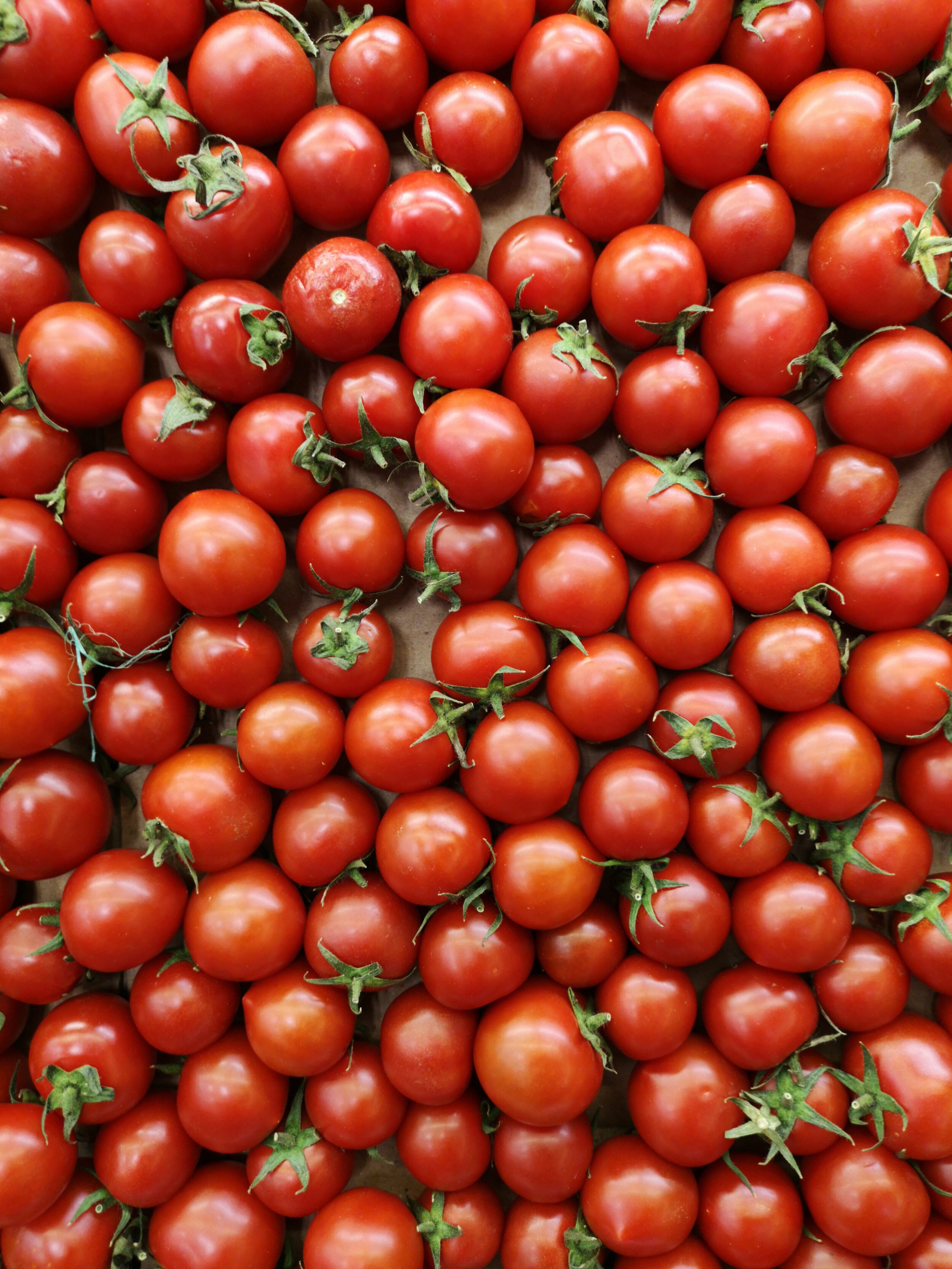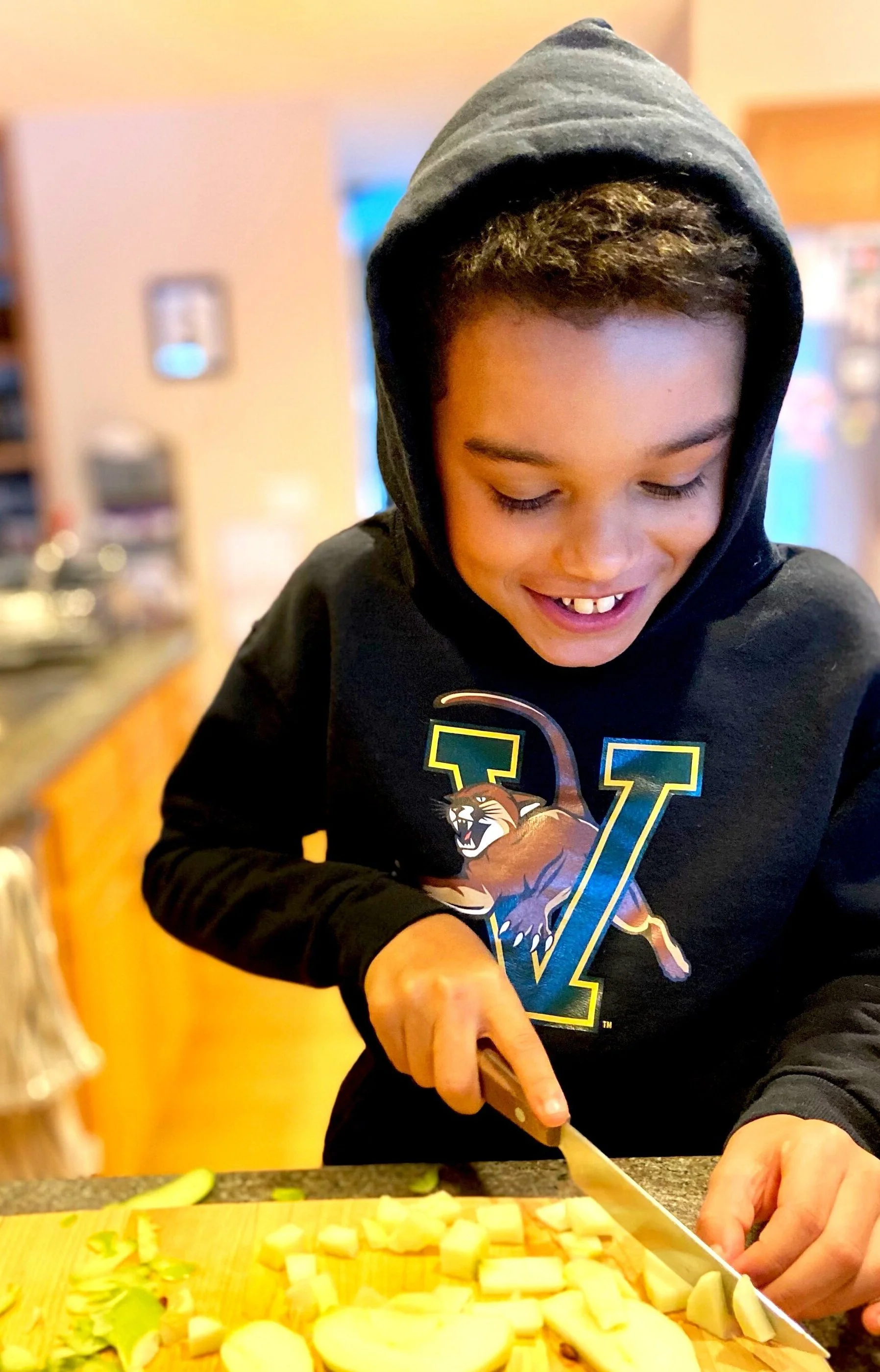
Values + approach

My core values
-
ANYONE CAN COOK.
It’s never too early or too late to build cooking skills and connect with your inner chef. Everyone deserves to have the skills and tools to prepare their favorite foods and feel independent in the kitchen.
My classes are encouraging, supportive, and low-pressure to help students of all ages thrive.
-
EQUITY IN THE FOOD SYSTEM.
I believe all labor has dignity and all workers should be treated fairly. I believe in food sovereignty and the right to clean water. I pledge to follow, support, uplift, and pay Black, Indigenous, and immigrant leaders in the food system.
My classes incorporate these ideas (in age-appropriate ways) whenever possible.
-
ALL BODIES ARE GOOD BODIES.
I believe in creating a safe and affirming place for bodies of all shapes, sizes, genders, and abilities. Stir The Pot Kitchen is a fat-positive space. I believe all foods fit and people should eat what they enjoy without judgement or shame.
You will never hear any weird diet talk in my classes, or any moralizing about “good” vs. “bad” foods.
What sets Stir The Pot Kitchen apart from other cooking classes?
Small class sizes allow for more interactive and supportive lessons.
I provide supplemental resources, reading suggestions, and activities for kids and families to try at home.
I cultivate an understanding of our place in the food system, exploring where food comes from and how people have pushed for change over the years.
I focus on the joy of cooking and eating a variety of foods, rather than moralizing or teaching outdated lessons on restricting foods.
Diversity, Equity, and Inclusion
As our community grows, Stir The Pot is committed to creating a welcoming and inclusive environment for everyone. I encourage students of every gender, race, and ethnicity to enroll in our classes, and pledge to foster an environment of respect and kindness. I recognize the deep inequalities in the food world, and students will regularly engage in discussions surrounding food inequity.
Additionally, a portion of the proceeds of every class will go to organizations that support a more diverse and equitable food system -- specifically those with Black, Indigenous, and immigrant leadership. You can find the full list of organizations here.


